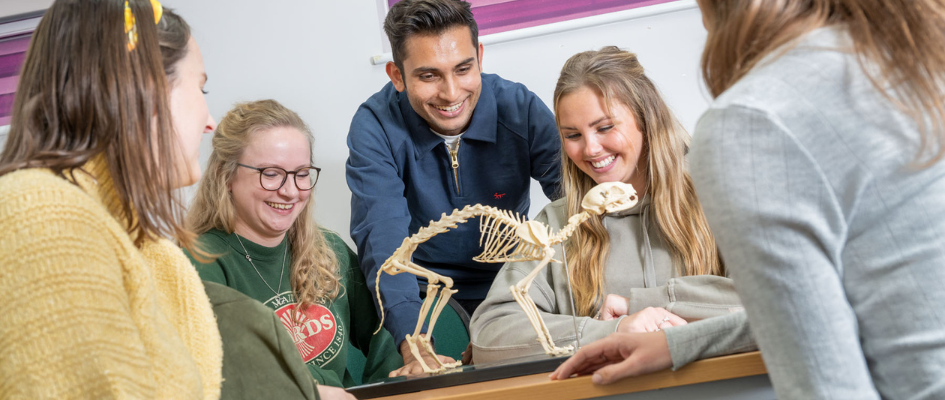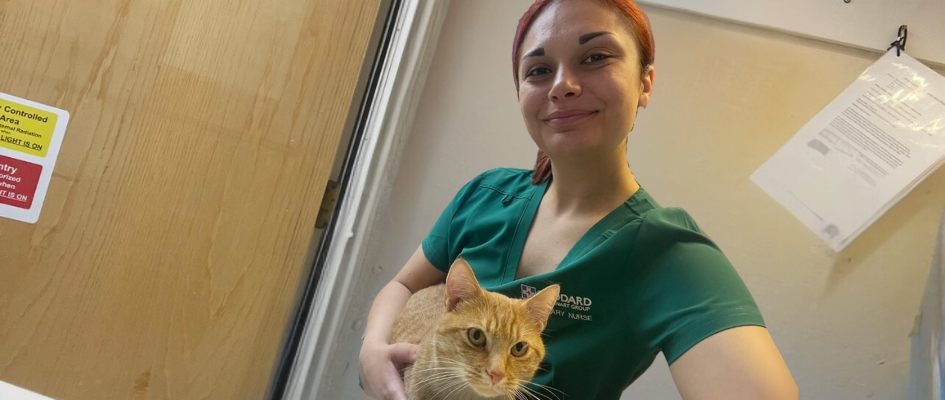TWO of our remarkable veterinary nurses, Jesle Varu and April Murphy, who are making a difference for the profession and pets, have been named among the “30 Under Thirty” shining stars to be celebrated at the prestigious London Vet Show 2024. This recognition highlights young professionals making significant contributions to their field.
Jesle Varu: A Passion for Teaching and Patient Care
Jesle, a senior registered veterinary nurse at Goddard Veterinary Group’s Wanstead Veterinary Hospital, has been with us since graduating from the Royal Veterinary College in 2017. Now a senior ward nurse and part of the Goddard Veterinary Nursing College teaching team, Jesle is dedicated to training future veterinary nurses and veterinary care assistants. He shares his passion through mentoring, clinical coaching, and CPD sessions for fellow veterinary nurses.
Reflecting on his career growth and recognition, Jesle shared, “I’m really honoured to have been included, and it’s hugely rewarding that my career achievements so far have been recognised in this way.” He emphasised the joy he finds in teaching, saying, “I think my clinical work helps me be a better teacher to my students, and teaching makes me a better nurse.” Jesle’s commitment to patient care and improving workplace standards have also driven him to create protocols that contribute to really positive changes at the veterinary hospital.

April Murphy: From Nursing to Writing
April Murphy, a float nurse working in different locations, caught the judges’ attention with her contributions to veterinary publications like the Veterinary Nursing Journal (VNJ) and VN Times. April discovered her love for writing during the COVID lockdown and has since authored articles and spoken at industry events, including the BVNA Congress.
Recalling her early writing success, she shared, “When I was still a student nurse, I submitted a case study…and it was published.” This experience encouraged her to continue writing, which she says brings her a “huge buzz from helping improve other people’s knowledge.” After exploring other career paths, April returned to Goddard Veterinary Group earlier this year with a renewed passion for her role as a veterinary nurse and a soft spot for feline care.
Reflecting on her journey, April said, “I absolutely love being a veterinary nurse, and I wouldn’t change it for the world.” She added, “I nominated myself for the 30 Under Thirty initiative because I think you need to be your own cheerleader, but it was still a shock when I heard I’d been chosen, and very humbling.”

We couldn’t be prouder of the passion and dedication Jesle and April bring to their work every day. Congratulations to these two stars—we’re excited to see what they’ll achieve next!
Visit our Nursing College page to learn more about what we can offer aspiring students!
